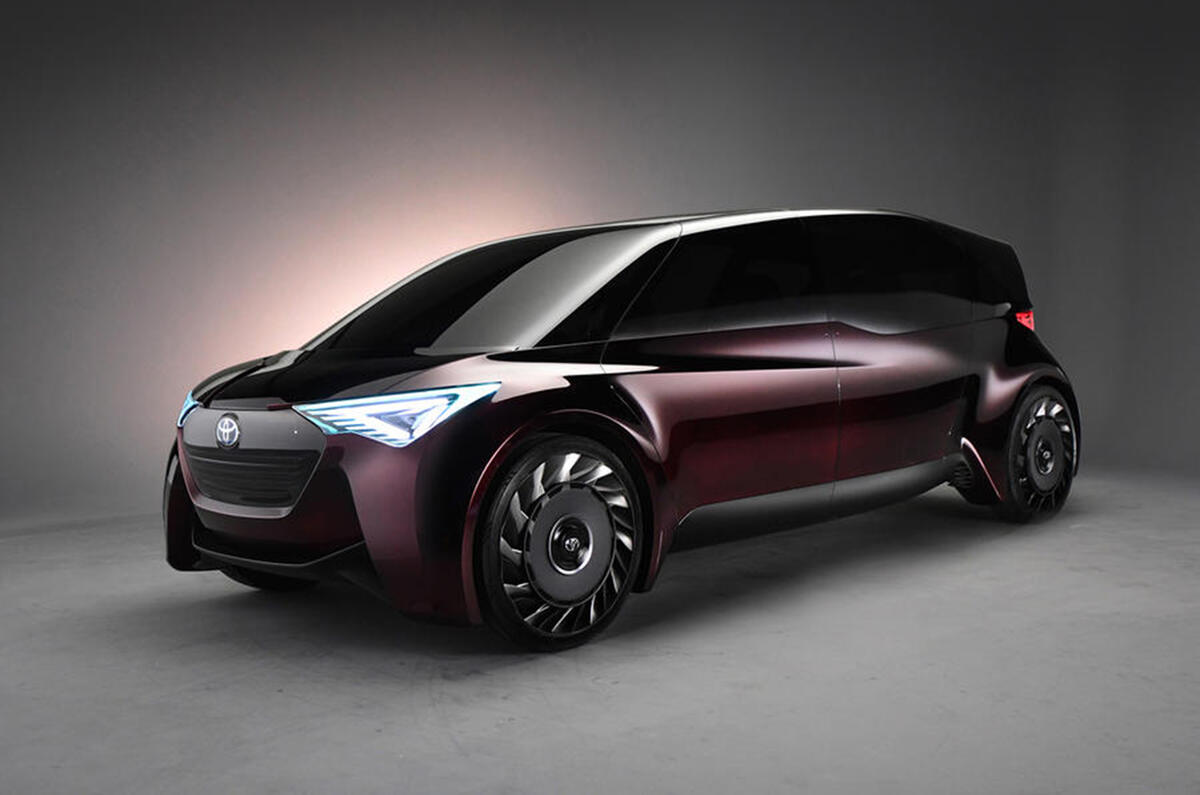There we were, in a run-of-the-mill Toyota press conference the day after the Tokyo motor show.
The jet lag was taking its toll, and the room of 200-or-so hacks were weary the day after the day before.
2017 Tokyo motor show - full report and gallery
But out popped two statements, said in such a matter-of-fact way that anyone could have been forgiven for missing their significance. Each, however, has the potential to be world-changing, at least in the world of cars.
First up, was the revelation that Toyota’s research into solid state battery tech is far in advance of where we’d previously believed. So much so, in fact, that it is preparing to productionise it by 2025 at the latest.
Solid state batteries have long been the holy grail of battery tech - smaller, lighter, more power dense and potentially cheaper than today’s batteries. In fact, they have existed for some time, but been too unstable to mass produce. No more, reckoned Toyota - with the spokesman adding that, by the way, Toyota holds more patents on the tech than anyone, and intends to beat every other car maker to having them on sale.
Wow.
And, then, the sucker punch: another expert revealed that, by 2025, Toyota expects to have developed a hydrogen fuel cell stack that can be put in a car and sold for the same price as the equivalent hybrid.
Previously, it had been thought that hydrogen technology was decades from being cost-effective. Toyota, it turns out, thinks very differently - although it again chose to reveal its ambitions in a matter-of-fact castaway line. Hydrogen cars, lest you forget, have the benefit of being refuellable in minutes rather than hours and a fuel source that can be taxed as fuel is today (albeit the same - if not greater - infrastructure issues as electric vehicles).
Double wow.
If those predictions ring true, it suggests that Toyota is well-placed to take the lead in the two of the key technologies that will shape the future of the car. Quite why it wanted to say that, but not shout about it on the largest stage is has every two years at the show, is a mystery. However, we’d all be making a mistake to overlook the significance of what was said just because the volume wasn’t turned up to 11.






Join the debate
Add your comment
Classy
You might have missed it
The reason being it's at least 8 years away. Also, if they are that near with solid state EV's why in the world would you continue to develop Hydrogen powered cars, Hydrogen cars have no future against current BEV's, even less so with solid state batteries round the corner!
I know you are very anti
I know you are very anti hydrogen powered cars but is it not possible that toyotas engineers see a market for both hydrogen and battery powered cars? I agree that currently hydrogen cars are an expensive waste of time but maybe in time theyll be more economical and maybe suitable for certain types of car/ van?
Eggs in 2 baskets
If Toyota engineeers have solved the problem of recharge times by having Solid Stated batteries the commercial market for hydrogen cars will evapourate as refuelling time is the one and only advantage it has over a BEV.
And that one advantage is diminishing anyway with £25,000 BEV's hitting 200 miles (look at the Bolt in America which also does 0-60 in 6.5 seconds), by 2025 for the same price expect 300 miles such is the pace of battery development.
I post alot about EV's as it interests me and I used to get flamed by pro-hydrogen boys when talking up the BEV cause 3 or so years ago which made me research the subject further